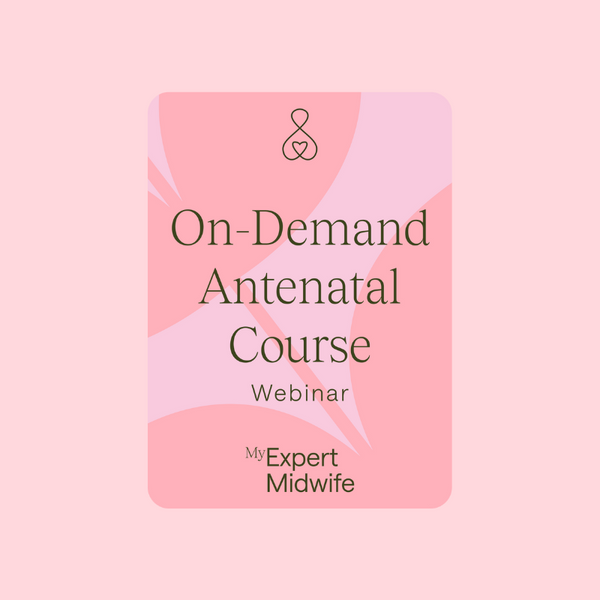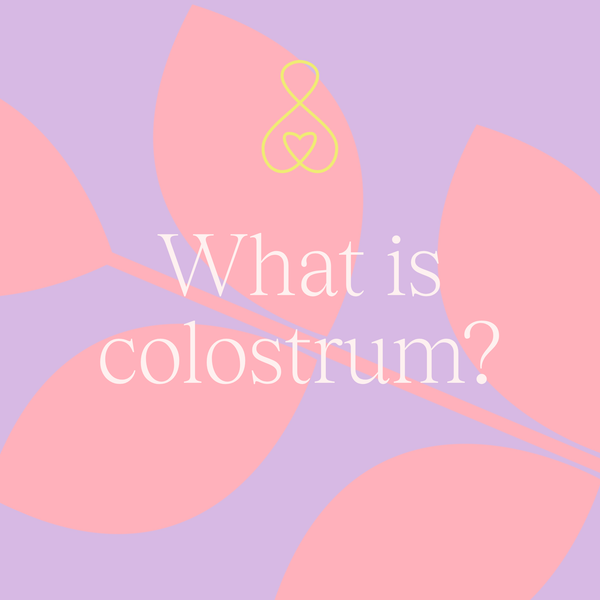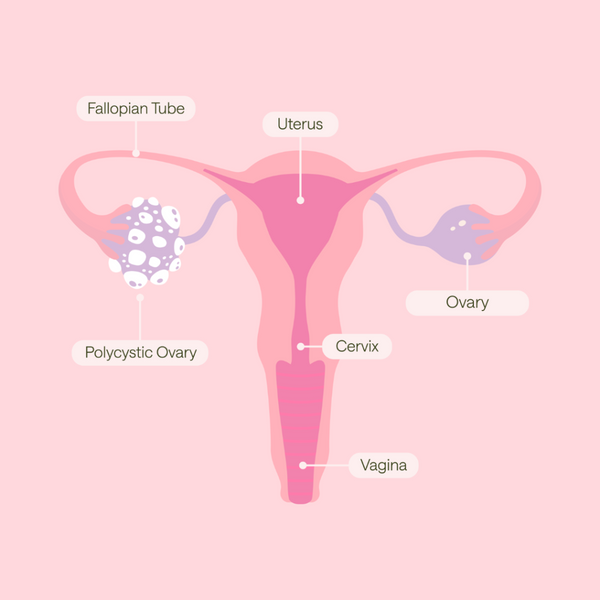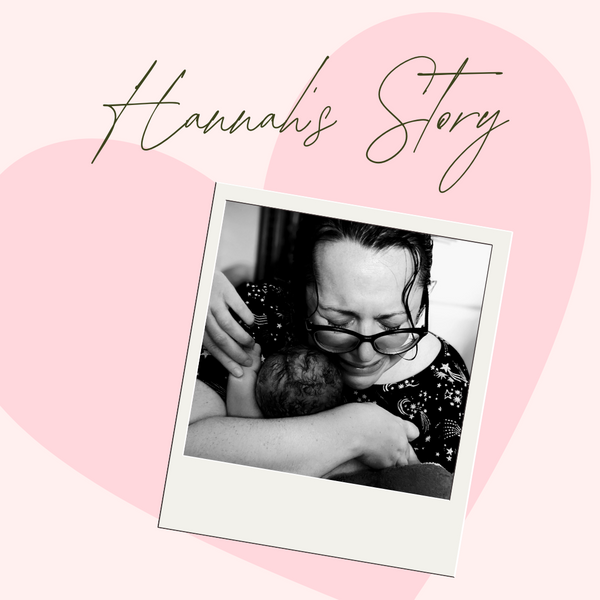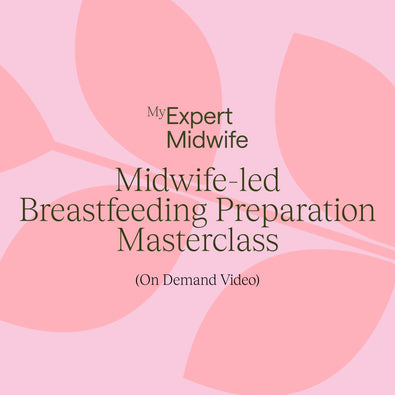However and wherever you plan to spend Christmas this year, there is always the food to look forward to! Yet, during pregnancy, there can be a lot of conflicting advice about what you should and shouldn’t eat and drink.
Our midwives have collated a list of the most common foods that they get asked about to help you worry less and enjoy your Christmas more.
Nuts
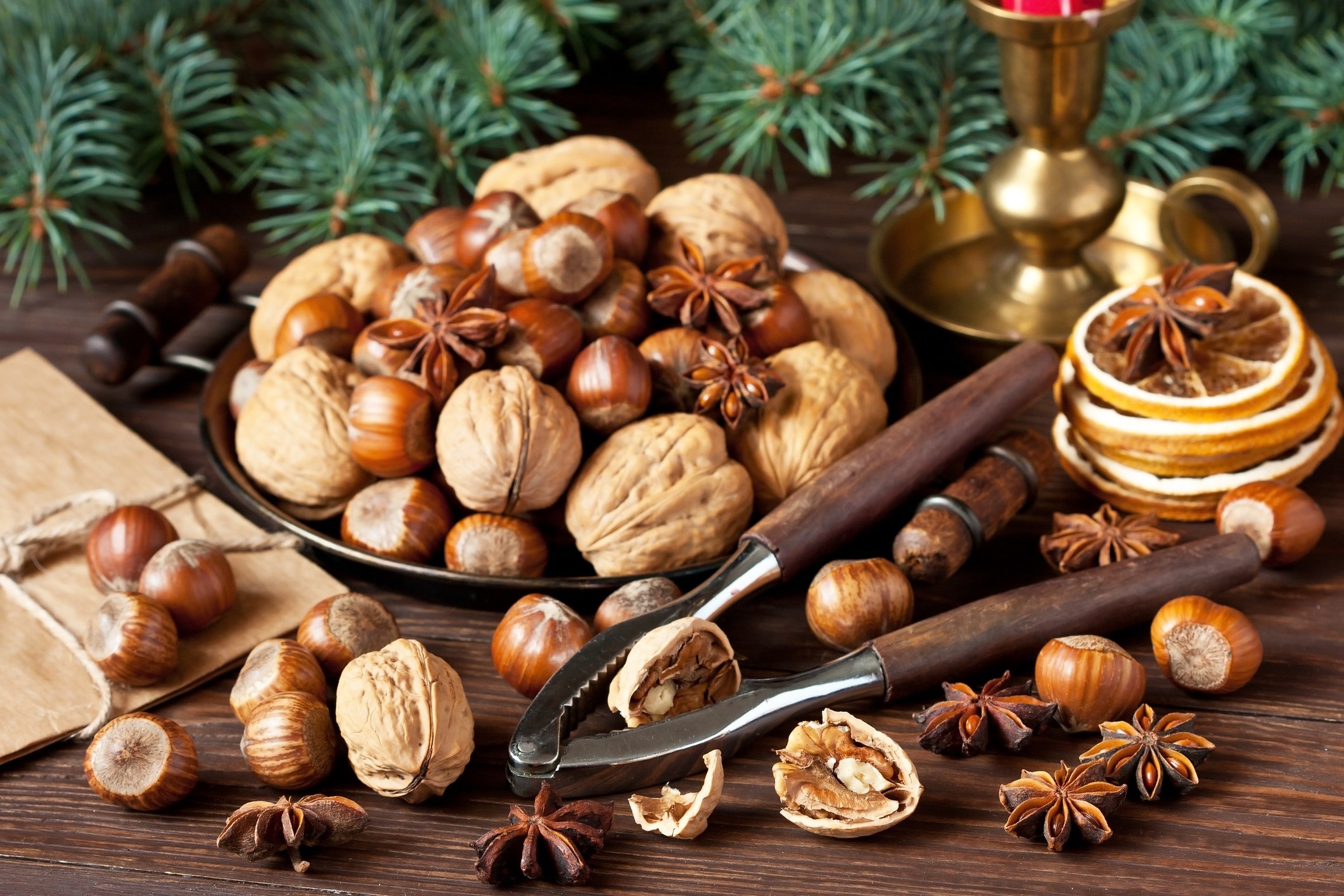
Research has shown that it is safe to eat all nuts in pregnancy, as long as you don’t have a nut allergy yourself. In fact, several studies show that pregnant women who eat nuts or peanuts several times a week are much less likely to have children with a nut allergy. Furthermore, women who consume peanuts at least once a week have been shown to have a 20-25% decreased chance of their child being diagnosed with asthma at 18 months.
Cheeses
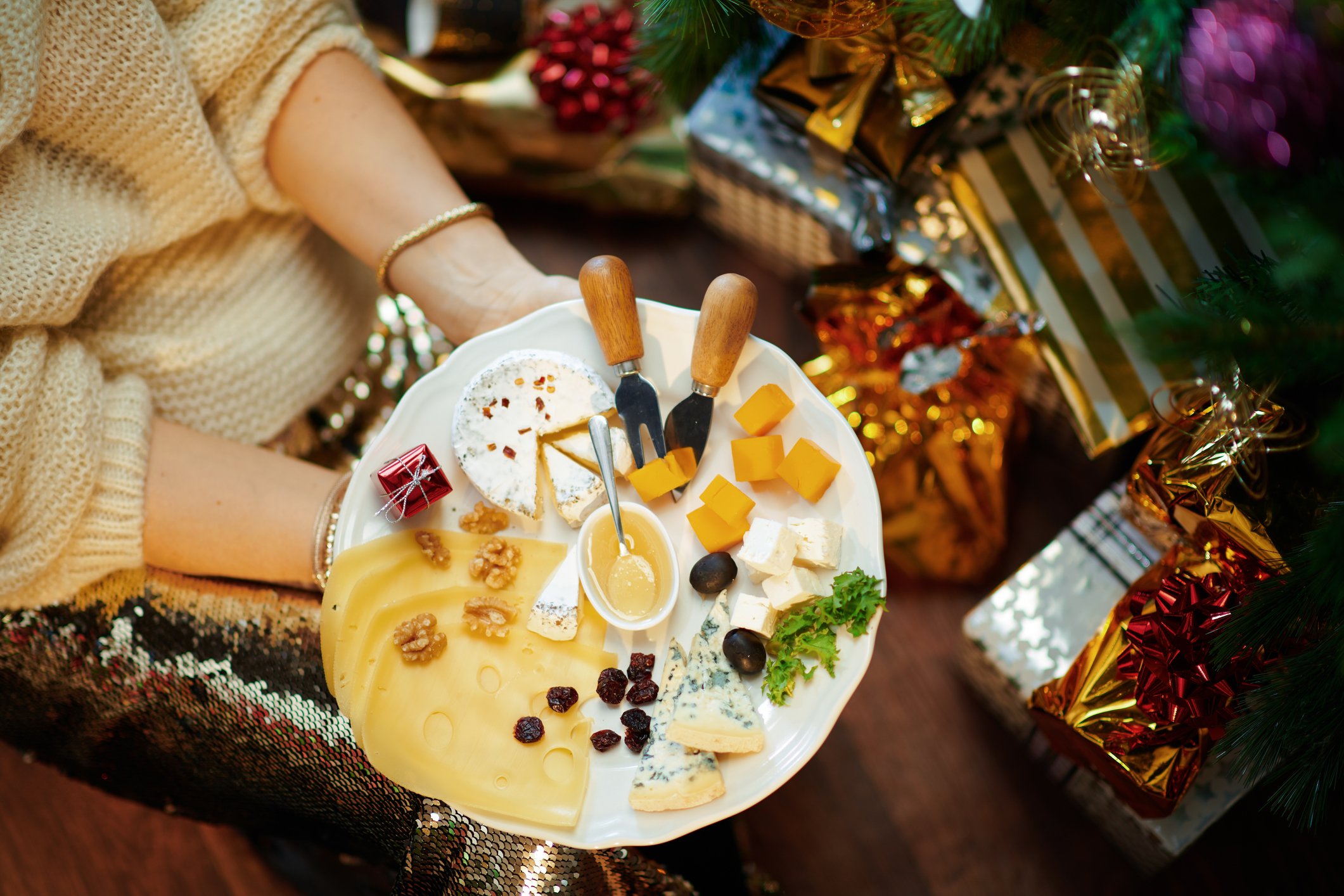
Cheeses that are well cooked and hard cheeses made from pasteurised milk should be safe to eat in pregnancy, and this is because heat kills a harmful bacteria called Listeria. Cheese contains calcium which is good for you and your baby’s bone development. Due to the risk of listeria, it is advised to avoid cheeses made from unpasteurised milk and, unless these are cooked until they are steaming hot, all mould-ripened soft cheeses (such as Brie, Camembert and chèvre) and soft blue cheeses (such as Roquefort, Gorgonzola or Danish blue).
Hard cheeses like cheddar, parmesan and Gruyere are always safe to eat. Also safe in pregnancy are pasteurised soft cheeses (e.g. cream cheese, ricotta, mozzarella, cottage cheese and feta) and semi-hard cheeses (e.g. Stilton, Edam).
Meats
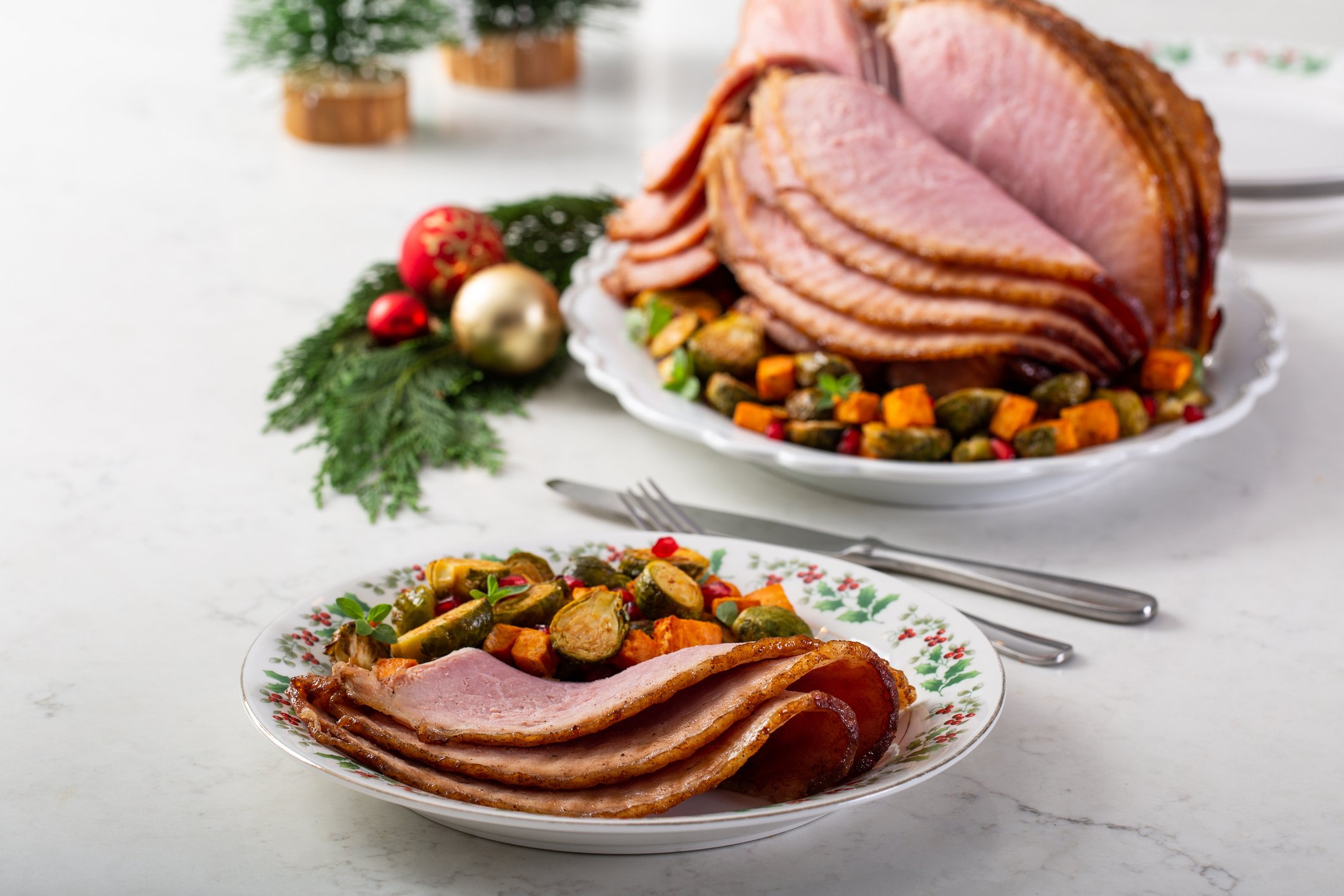
It is best to avoid cold cured meats such as salami, prosciutto ham, chorizo and pepperoni as these may contain toxoplasmosis. Although rare, if eaten during pregnancy this bacteria can affect a baby’s development. Well-cooked cold, pre-packed meats such as ham, beef, chicken and turkey are safe and contain protein which is necessary for cell growth.
Pay particular attention to poultry, burgers, pork and sausages and ensure they are cooked thoroughly (with no trace of pink or blood).
Pâté and haggis
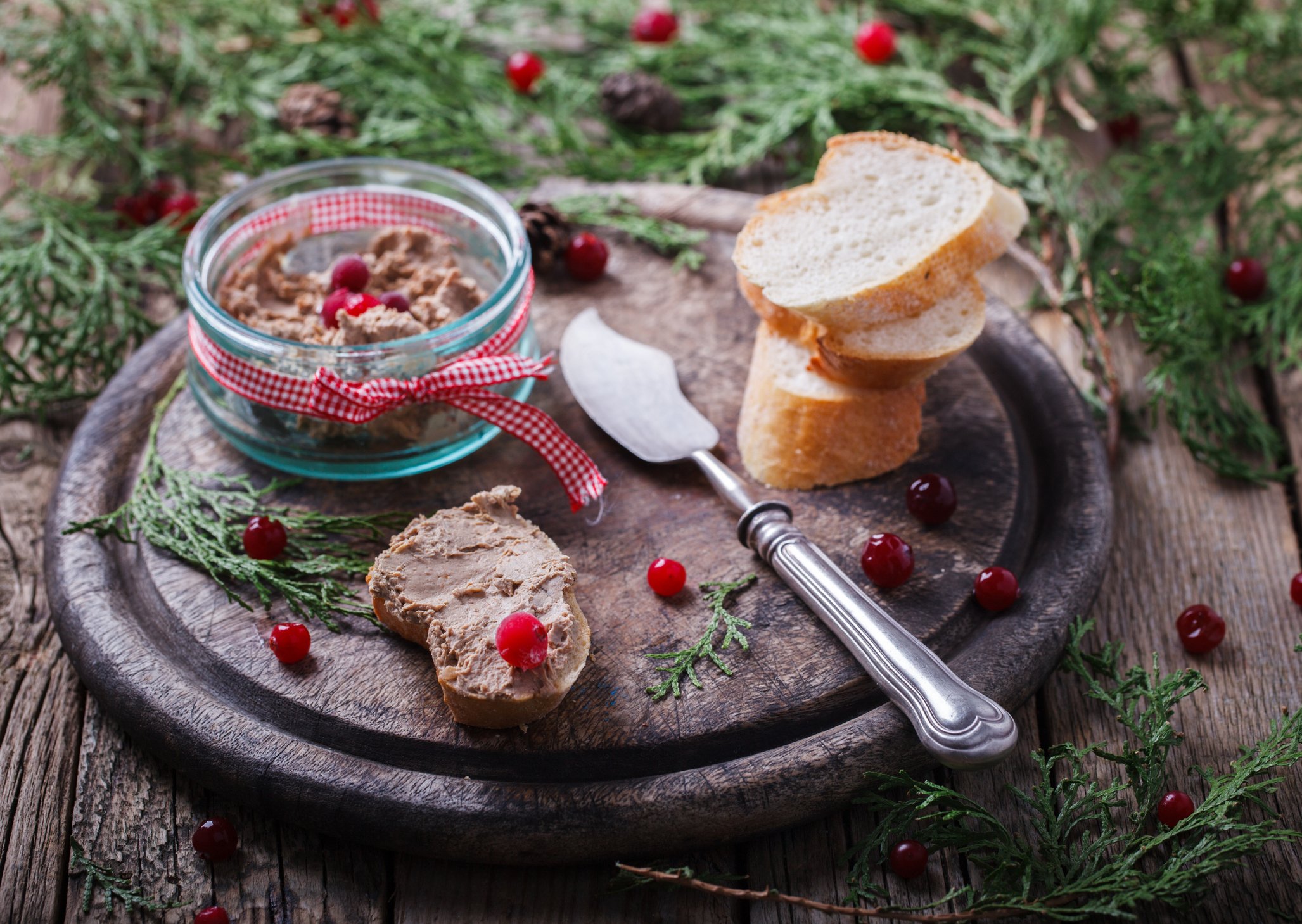
Pâté and haggis can contain liver and this is advised against during pregnancy as it has a high vitamin A content, which may affect your baby’s development in pregnancy.
Also, pâtés - whether they are meat or plant-based - have also been known to contain listeria, a bacteria which can harm your baby.
Eggs
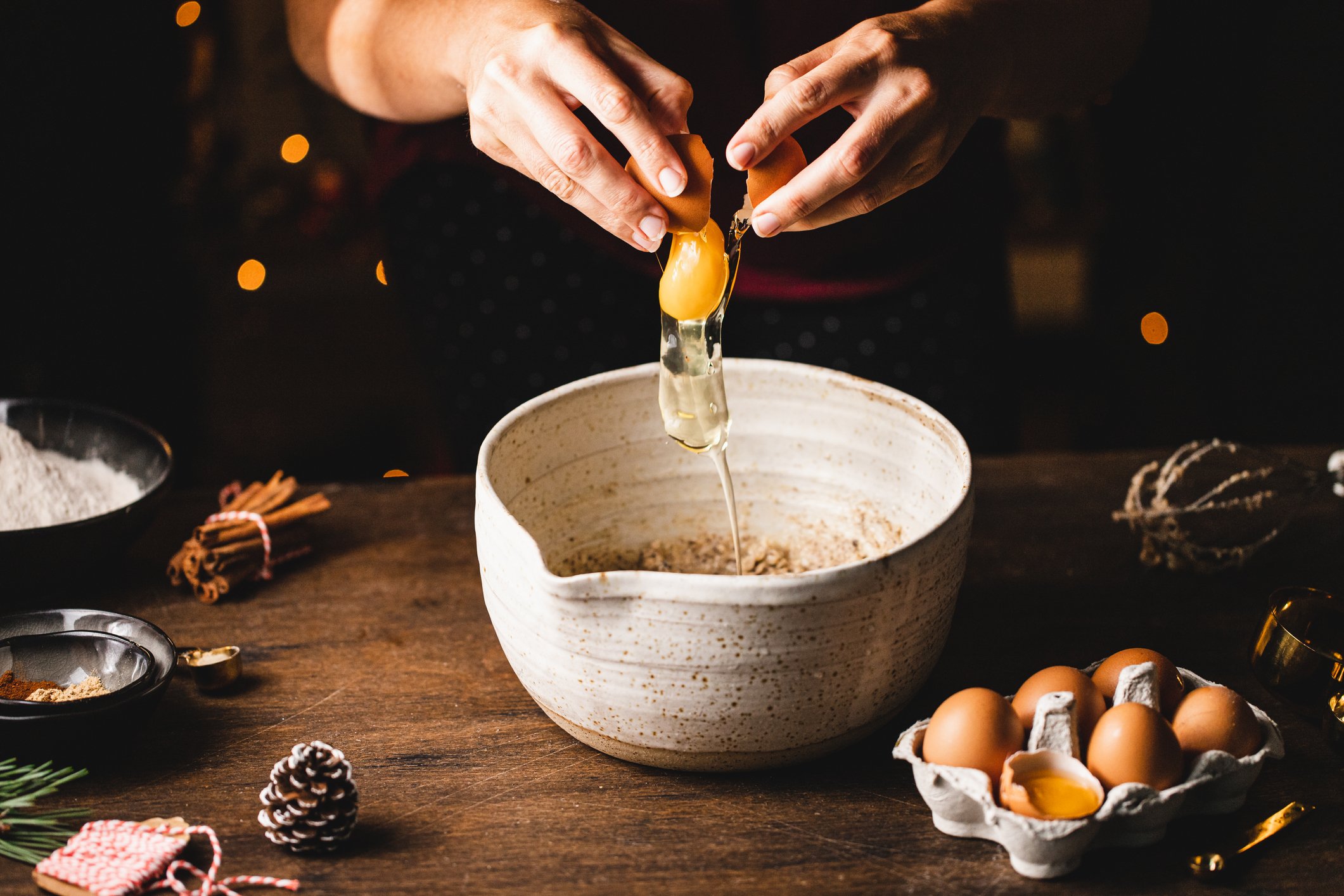
Most raw hen eggs in the UK are safe to eat if they are Lion Code stamped, as this means they are unlikely to contain a bacteria called salmonella. Although salmonella will rarely cause harm to your developing baby, it can cause you severe vomiting and diarrhoea. Foods that often contain raw or undercooked eggs are tiramisu, mousse, and homemade mayonnaise. So, unless you know what eggs have been used to produce these foods, it may be best to avoid them.
Alcohol
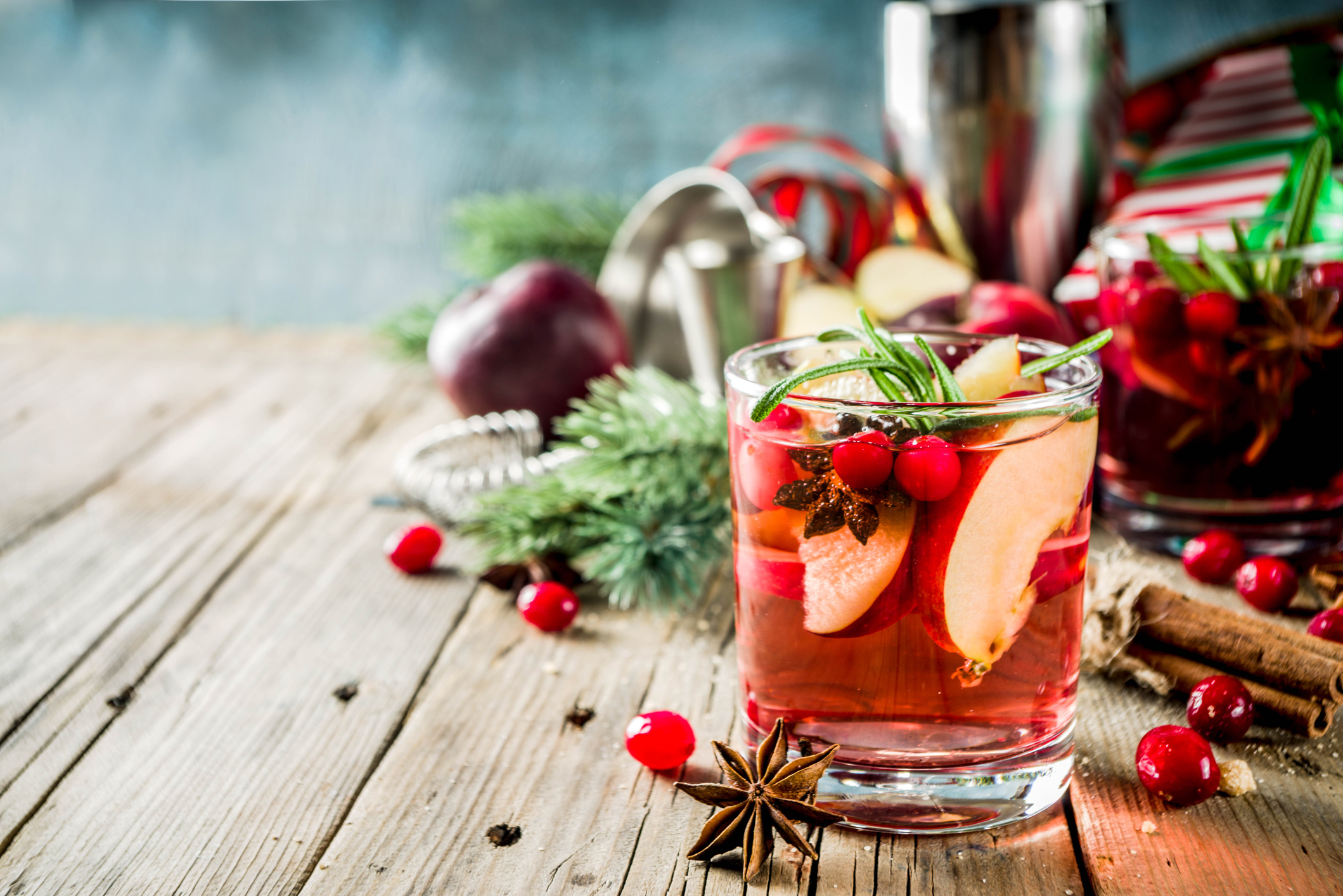
Current studies show that there is no known safe alcohol intake during pregnancy. Because of this and the fact that alcohol intake is linked to developmental problems in babies, women are advised to abstain from alcohol throughout pregnancy. This may prove harder to do during the Christmas festivities, so make sure to stock up on your favourite alcohol-free gins, beers and wine, or have some fun experimenting with or trying new mocktails.
Summary
During this festive season, try to relax and think of all the foods you can relish in and the new drinks you’ll savour. We have brought you the latest advice about food and drink in pregnancy to help you make choices. So, enjoy yourself and have a very Merry Christmas!





